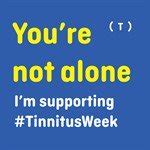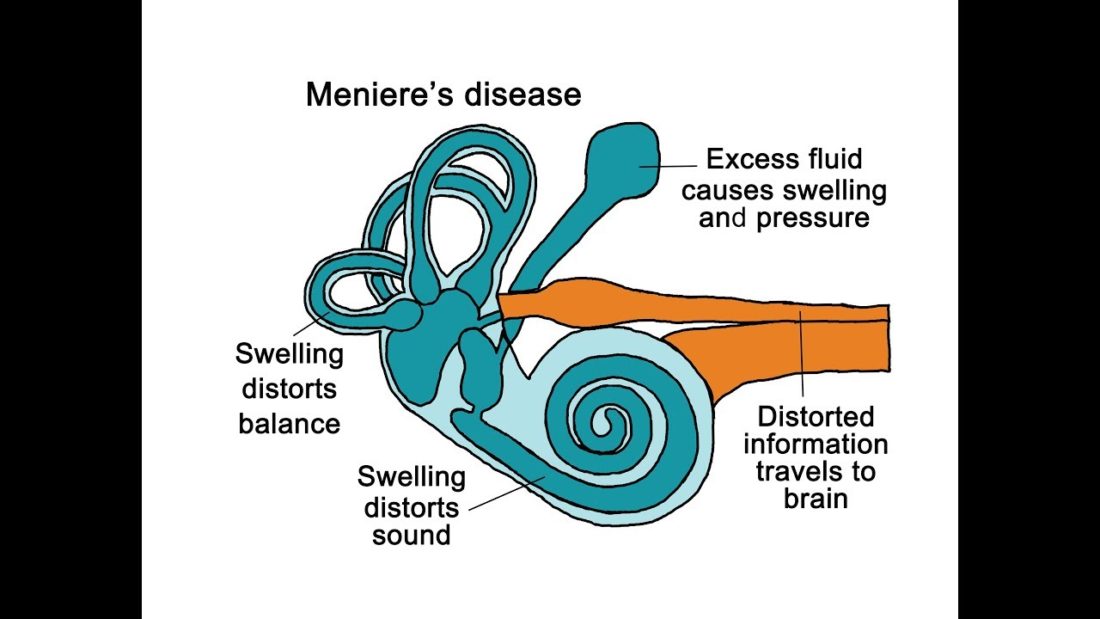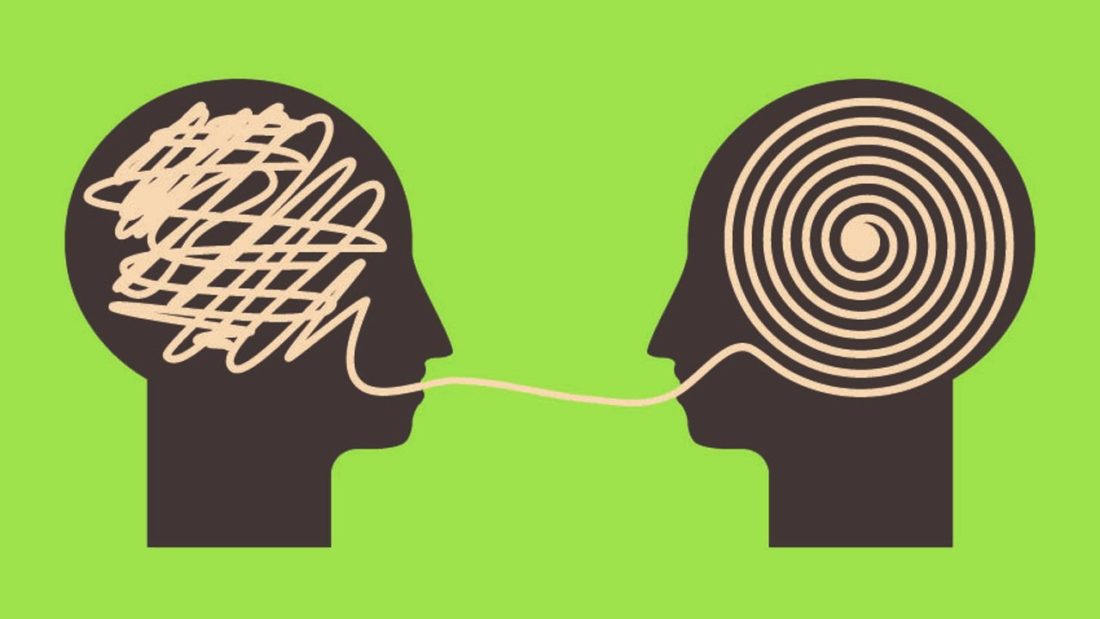Tinnitus Awareness – February 2020

This Month’s Group
This month, we asked our three group members about their story, Tinnitus advocacy, awareness, and prevention, and advice they would for someone newly diagnosed.
A very big thank you to each of you! Lucia Greig, John Lethange, Jim Leigh, and their spouses.
Your Tinnitus Story
How would you describe your Tinnitus and your journey?
Lucia – I contracted Tinnitus as a result of Meniere’s Disease. In the initial 15 years, I learned to accept and live with the high pitched noises. After going bilateral in 2015, I was faced with a multitude of base like noises. As another adjustment period passed, that too became part of my daily life.
John – Well, I’ve had it since I was 20. You get used to it after a while. I have my good and bad days or periods. Right now the Meniere’s is not as bad.
Jim – [Tinnitus for several years without hearing loss] Try everything, you won’t know what works until you try. It’s a health journey, you won’t know what works until you try.
Diagnosis and Early Journey
What is something you would tell someone newly diagnosed with Tinnitus that you wish you were told early on in your journey? What would you tell their family?
Lucia – I wish someone would have told me to protect my hearing. A newly diagnosed person should be aware of the life-altering effects and get as much support as possible. The family should try to understand the effects Tinnitus has on one’s physiological and overall well being.
Jim – Part of it is in your brain as well as your ears; it’s NOT all in your head. You’re NOT losing your mind. There are options for you to try!
- Canadian Tinnitus and Hyperacusis centre
- Don’t let different sounds annoy you and turn into hatred of sounds
- The best therapist has fur and 4 paws (Jim uses animal therapy with a neighbour’s dog)
- Learn to enjoy and focus on quiet things (walks, puzzles, read, computer, closed captions on TV, etc.)
- Find things to help you sleep better – sleep aids (natural or sedatives)
- Look into – antidepressants (for the anxiety, stress, worry, and fear), diet, herbs, hearing aids, noise-canceling headphones, noise maskers, chiropractic, visceral cranial therapy, acupuncture… anything that reduces the level of loudness for you.
What did you find helpful early on in your journey?
Lucia – Early on in my journey, I learned to adapt to the noise by treating it as a hearing mechanism to replace the actual loss of my hearing.
Jim – You have to have a passion for something to take your mind off the Tinnitus. Take whatever works. You have to sleep to cope. Hearing aids were helpful to change the pitch to white noise (only broadband sound).
Advocacy, Awareness, and Prevention
What do you want the general public to know about Tinnitus?
Lucia – I want the general public to know that my Tinnitus is debilitating, invisible, permanent and above all life-altering.
Jim – It can be unbearable for the sufferer and whoever lives with them. It’s a learning curve to cope. Do not discuss the Tinnitus with the sufferer, it can bring it to more awareness for them (makes it louder). If you can, ask the spouse or partner about it.
What are some things that would make going out easier for you?
Lucia – Venturing out would be easier if there would be less music and less overcrowding, which of course is impossible.
John – It’s difficult going out regardless due to the combination of Tinnitus and Hearing Loss
Jim – Noise-canceling headphones, no music in stores or restaurants (go out at 9am to 11am are not as busy and not on weekends)
What do you want your families to understand about your Tinnitus?
Lucia – I want my family to understand that not always being able to participate in social events is not a choice but rather a coping mechanism.
John – My spouse is used to it, we’ve been married for 50 years, so she understands. She was around when it all started. The kids understand to a degree, but what they don’t all the time get is that loud noise increases the Tinnitus so I have to withdraw from the conversation.
Jim – It’s unseen but very real. Don’t forget about it and assume I’m better. Remember be considerate. If people aren’t I avoid them.
Tinnitus Prevention – what is one warning you would give people to help prevent Tinnitus?
Lucia – My best advice to anyone is to recognize the dangers of loud noise…..protect your hearing at all costs.
Jim – Keep noise low. Don’t get upset with sounds (don’t hate sounds). Use ear protection. Be very careful, I can’t believe how important ears and sound are and how screwed up it can get.
Tinnitus Support 
What would you say about your experience with the Support Group? What do you get out of it?
Lucia – My experience with the Support Group has provided a much-welcomed camaraderie, knowing that you are not alone and having people around you to share their coping mechanisms. The different topics and programs that Matt, yourself and the staff have introduced and continue to seek out have provided hope and encouragement where there was none previously. I have gained a new family and friends that have given me(us) much needed love and support. Keeping a positive attitude is essential!!
John – It helped with getting out of the house and meeting people in the same circumstances. It’s helped as it gives you more confidence that people are in the same boat and survive; more related since coming and finding Lucia (who also has Meniere’s). We find similarities with others who know exactly what you’re going through.
John’s wife Cathy – As a spouse, it’s nice to talk with other people to see how they handle it and what they do to support them.
Jim – The comradery, it’s a nice visit, and getting some new information on treatments. It has been hopeful, uplifting, positive, and there are great sweet treats 🙂
Moving Forward
If you or someone you love has Tinnitus, there is hope! There are therapy options for you to try and find the best thing that works for you. For those of us around people with Tinnitus, know that it’s an invisible health problem, but it is very real. Find what you can do to best support them; in most cases, just being aware of when they are having good or bad days so you can adjust your own behaviour.
For more information about the Tinnitus support group or for a one-on-one consultation about what may help you, give us a call. We’d be happy to be a part of your journey.
*Note: some responses were edited for length and grammar




Recent Comments